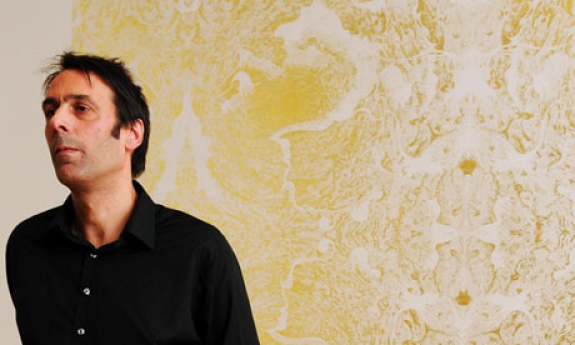Our culture is turning into one long awards ceremony. Last week alone saw the BP Portrait award, the Art Fund prize and the shortlist for the Samuel Johnson book prize. As a judge on two recent prizes, including the portrait award, I have taken a certain amount of pleasure in the way a jury can make a point, even advance an argument; how an interesting choice of shortlist, a convincing winner, can convey ideas about art. But that's one way of looking at it. At times there seems to be a new prize announcement every few days. Can this really be good for culture? And what drives it?
Dramatists were awarded prizes in classical Athens, and Sophocles was a frequent winner, so clearly prizes are not incompatible with great art. But surely there are drawbacks to a culture dominated by competitions and awards. The rise of the prize means the public is more and more guided by official taste as embodied in juries. It is often said the critic is a dying breed. But juries are replacing critics, and they exert influence in a far more questionable way. A jury does not have to explain its decision to the public; does not have to say why one artist is better than another. Yet while critics are constantly questioned, the decisions of juries seem to be taken incredibly seriously.
That is a mistake. I have been on two juries. When I was involved in the Turner prize as well as this year's BP Portrait award, I did what a critic should do, and wrote pieces explaining and defending my point of view. In doing that I hopefully made clear that it is a point of view, a personal opinion: no more. But I also saw, on both juries, how things work behind the scenes and how easily bad, biased decisions might be made.



